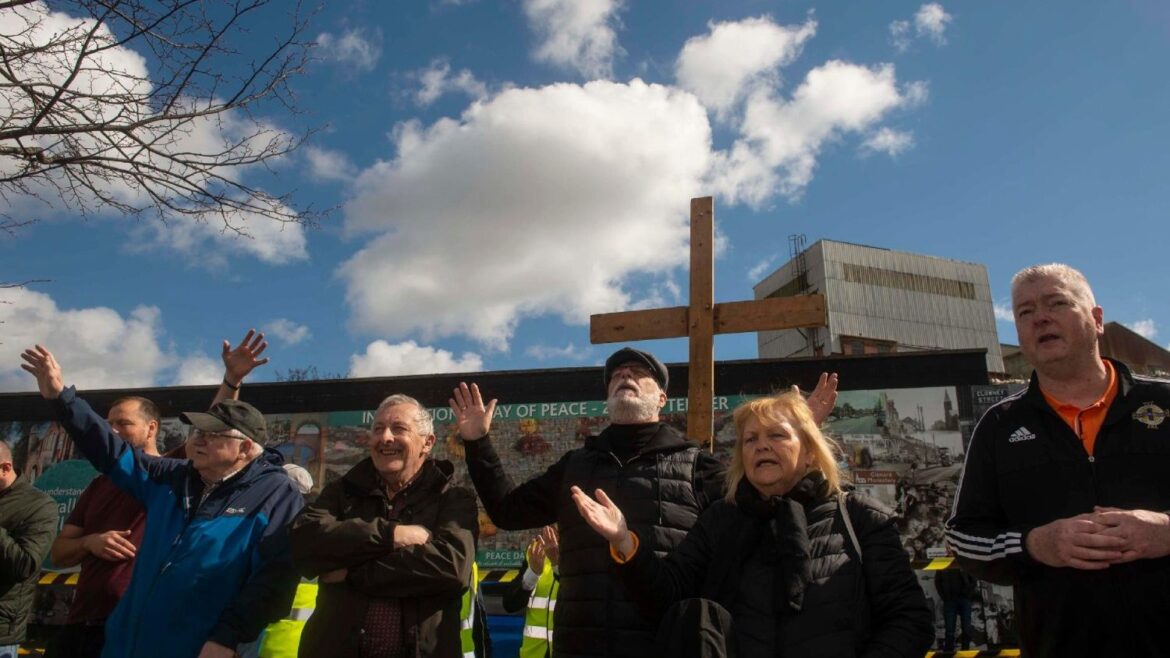On 31 August 1994 the IRA publicly announced a ceasefire, a crucial step on the way to the landmark 1998 Good Friday Agreement that brought an end to the Troubles in Northern Ireland.
Thirty-one years have passed since 31 August 1994, the day on which the IRA, the Irish Republican Army, laid down its arms, putting an end to a long sectarian conflict between republicans, who sought reunification with Ireland, and unionists, who supported keeping Northern Ireland under the British crown. The ceasefire represented a decisive step in the peace process that led to the signing of the Belfast Agreement, also known as the Good Friday Agreement, on 10 April 1998 and, subsequently, after a popular referendum, to elections for the local legislative assembly and the establishment of a “power-sharing” executive, based on the sharing of power between representatives of the two main political and religious communities in the North, with powers over a number of areas devolved from London.
At the same time, this truce came after years of violence, which culminated on 30 January 1972 in one of the most dramatic and darkest chapters in recent Northern Irish and European history. In the city of Derry, the British army deliberately opened fire on a crowd of people taking part in a non-violent protest march, killing 13 people on the spot, most of them very young (a fourteenth died a few days later in hospital). Since then, this tragic day has been remembered as Bloody Sunday (or the Bogside massacre), one of the most atrocious episodes of the so-called Troubles, the conflict over Northern Ireland’s independence from the United Kingdom, which has caused over 3,600 deaths since 1969.
When Pope Francis made a pastoral journey to Ireland from 25-26 August 2018, he recalled this journey to peace when addressing the authorities, civil society, and diplomatic corps. He highlighted the culmination of this path to peace when the Good Friday Agreement was signed four years after the IRA announced its ceasefire: “The Irish government, in union with the political, religious and civil leaders of Northern Ireland and the British government, and with the support of other world leaders, created a dynamic context for the peaceful settlement of a conflict that had caused untold pain on both sides. We can give thanks for the two decades of peace that followed this historic agreement, while expressing firm hope that the peace process will overcome every remaining obstacle and help give birth to a future of harmony, reconciliation and mutual trust.”

